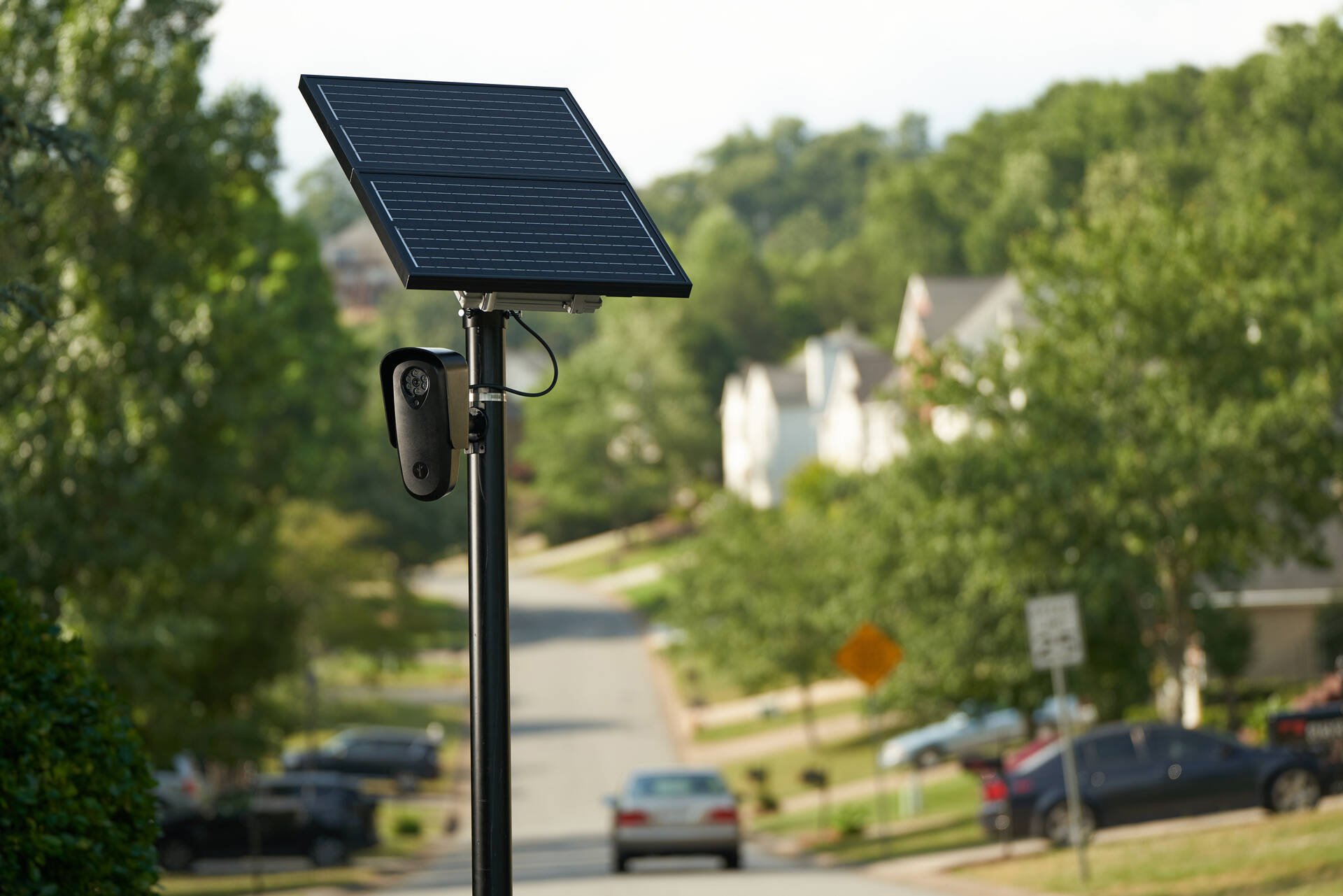The Auburn Police Department announced the installation of 20 license plate recognition cameras throughout Auburn.
The department announced the partnership with Flock Safety, a security and video surveillance company, specializing in license plate recognition cameras and community security products, in an Aug. 15 news release. The department reports it has already deployed and utilized the cameras within the community.
Skeptics of Flock Safety have expressed criticisms regarding the company’s partnerships with corporations including FedEx, as reported by Forbes, and privacy concerns regarding the company’s data retention practices.
The implementation of Flock Safety cameras in additional Washington cities include Yakima, Tukwila, Liberty Lake, Sumner, Arlington and more — with Flock Safety working with more than 3,000 police departments nationwide.
As of April 2024, the Kent Police Department operated 12 Flock Safety automated license plate readers, with the agency storing automated license plate recognition data for 30 days, according to Atlas of Surveillance, an open source research company that tracks the usage of police technology implementation.
Auburn police officials believe the cameras will help solve and reduce crime, serving to alert law enforcement to stolen vehicles and wanted suspects, help with the identification of a vehicle associated with missing persons, and provide “objective evidence needed to clear cases.”
According to Auburn Police Chief Mark Caillier, since the deployment of the cameras, the department has utilized the cameras in the recovery of stolen vehicles and locating and arresting two homicide suspects.
“Flock Safety cameras have become an invaluable tool in helping keep the community safe,” Caillier said in the news release.
In February 2023, Chad Marlow and Jay Stanley of the American Civil Liberties Union published an opinion piece criticizing Flock Safety, stating the company’s cameras contribute to a “mass surveillance system of Orwellian scope.”
“Unlike a targeted [automated license plate recognition] camera system that is designed to take pictures of license plates, check the plates against local hot lists, and then flush the data if there’s no hit, Flock is building a giant camera network that records people’s comings and goings across the nation, and then makes that data available for search by any of its law enforcement customers,” wrote Marlow and Stanley. “Such a system provides even small-town sheriffs access to a sweeping and powerful mass-surveillance tool, and allows big actors like federal agencies and large urban police departments to access the comings and goings of vehicles in even the smallest of towns.”
According to the department, the license plate recognition cameras — not “intended” for minor traffic and parking violations — capture license plates and vehicle characteristics, “not people or faces,” with the data obtained “never sold or shared with third parties.”
According to Flock Safety’s policies, license plate recognition data will be stored in the system for 30 days prior to a hard deletion.
“Flock defaults to permanently deleting all customer data after 30 days on a rolling basis,” a privacy notice from Flock Safety states. “Flock’s customers own 100% of their data and determine who is an authorized end user on the account.”



